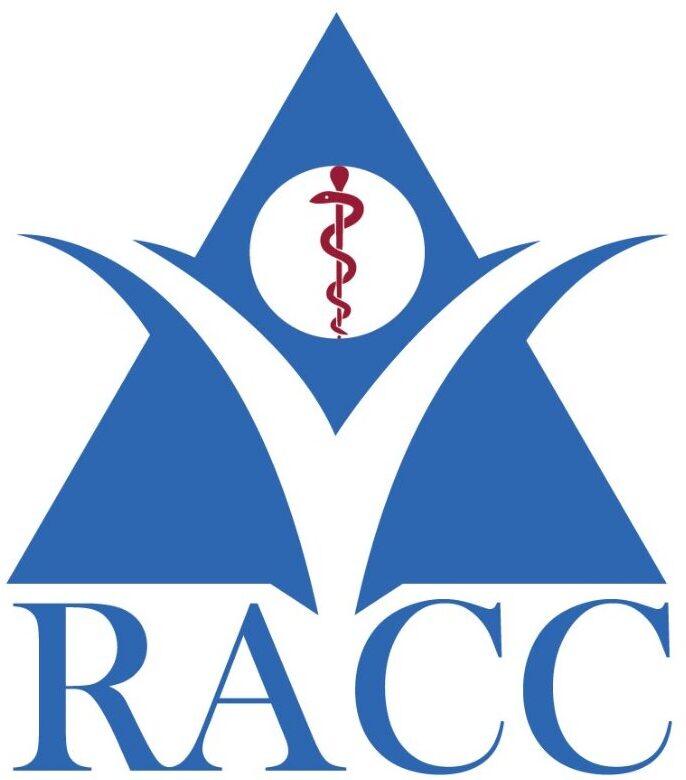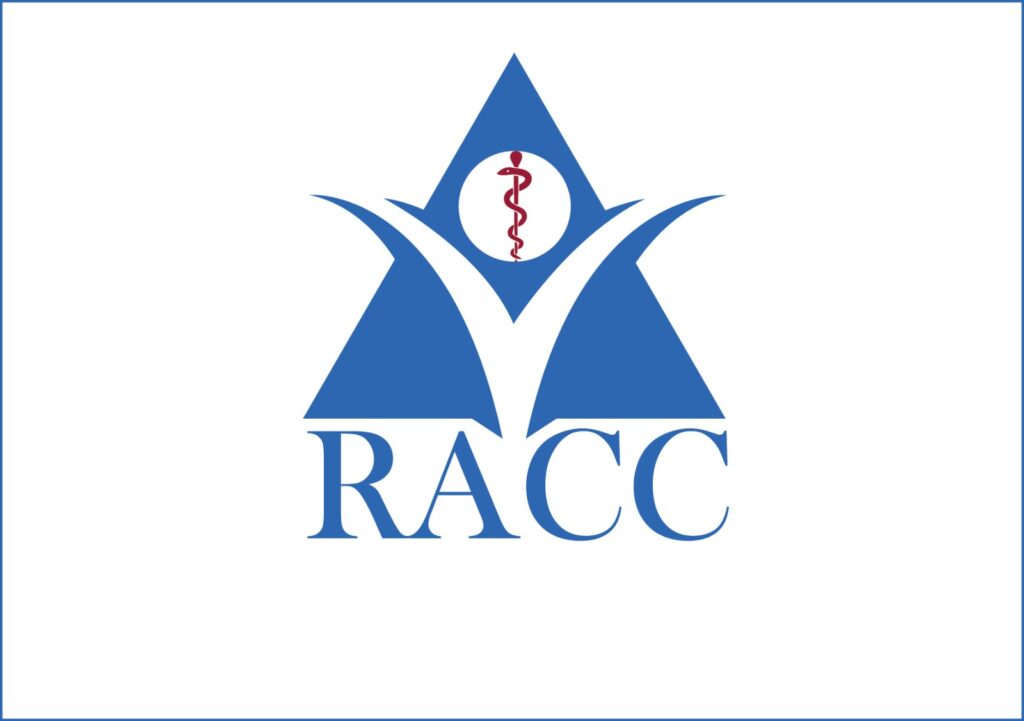
Poisoning Cases: Prompt Diagnosis and Critical Care at RACC ICU
Poisoning is a medical emergency that occurs when harmful substances—such as chemicals, medications, or toxins—enter the body and cause adverse effects. The severity of poisoning can range from mild symptoms to life-threatening conditions, depending on the type of poison, the dose, and the time elapsed since exposure. At RACC ICU, we provide immediate care for poisoning cases with a focus on rapid diagnosis, detoxification, and treatment. Our team of critical care specialists and toxicologists is equipped with the knowledge and tools necessary to manage poisoning situations effectively. Whether it’s accidental ingestion, exposure to toxic chemicals, or drug overdose, we prioritize swift action to minimize the impact on the patient’s health.
Advanced Treatment and Monitoring for Poisoning Cases
Upon arrival at RACC ICU, patients presenting with poisoning are quickly assessed, and medical interventions are initiated based on the specific type of toxin involved. We use advanced diagnostic tests, including blood work and toxicology screening, to identify the substance causing the poisoning. Depending on the nature of the poison, treatment may include the administration of antidotes, activated charcoal to absorb toxins, or other interventions such as gastric lavage or intravenous fluids to flush out harmful substances. Continuous monitoring of vital signs, respiratory function, and organ systems is essential to track the patient’s response to treatment and detect any signs of organ failure or complications. Our expert team provides individualized care to manage symptoms and prevent complications that may arise from the poisoning.
Comprehensive Support for Poisoning Case Recovery
Recovery from poisoning often involves not only detoxification but also addressing any damage caused by the toxic substance. At RACC ICU, our team focuses on providing comprehensive support during the recovery phase. This includes ongoing monitoring of kidney and liver function, as well as respiratory and cardiovascular support to maintain stability. In cases of severe poisoning, patients may require advanced interventions such as dialysis to remove toxins from the bloodstream or mechanical ventilation to support breathing. Once stabilized, our specialists provide education and guidance to patients and their families regarding the prevention of future poisoning incidents. Through prompt and comprehensive care, we aim to improve the chances of recovery and minimize long-term health effects from poisoning cases.


